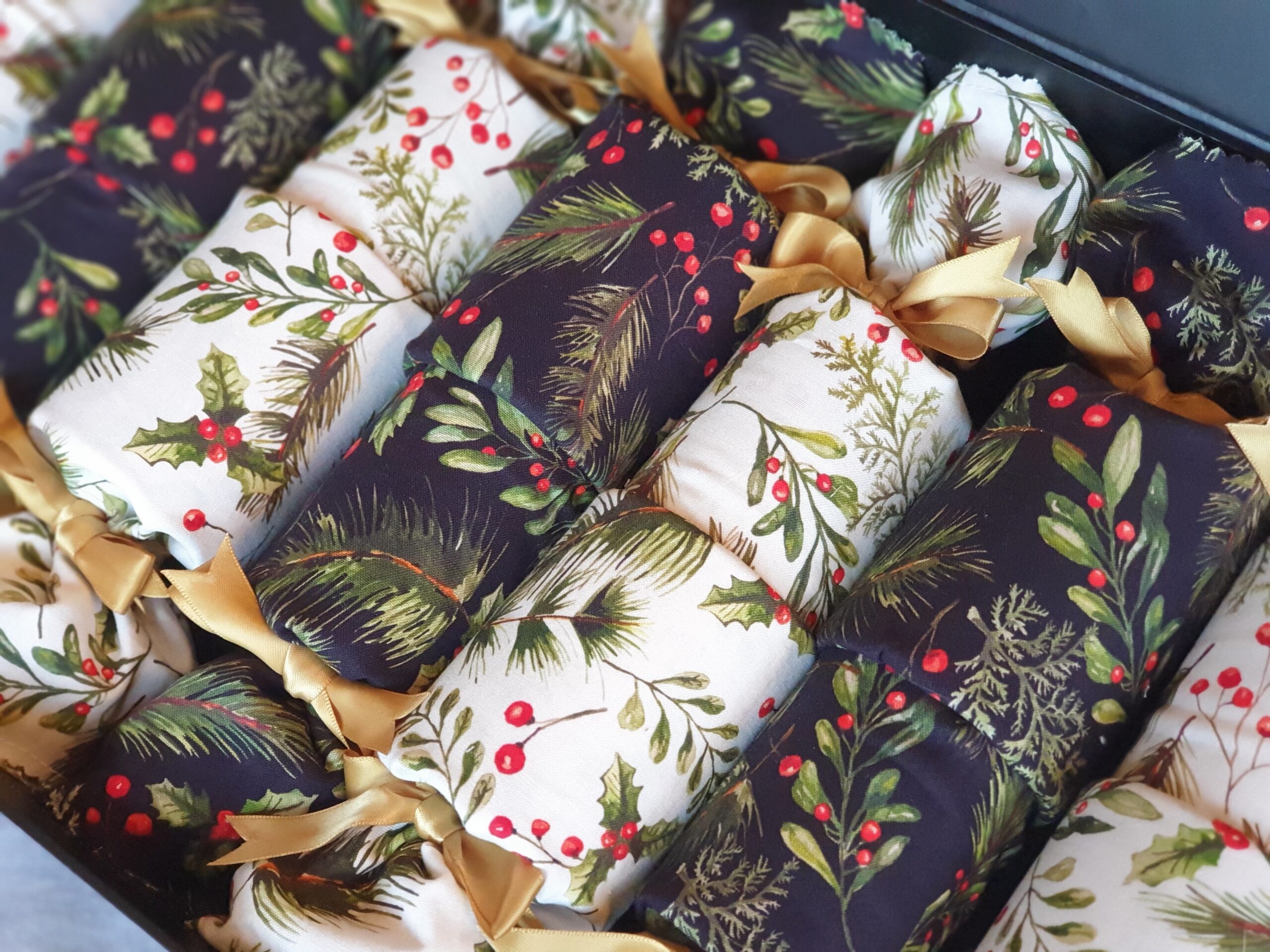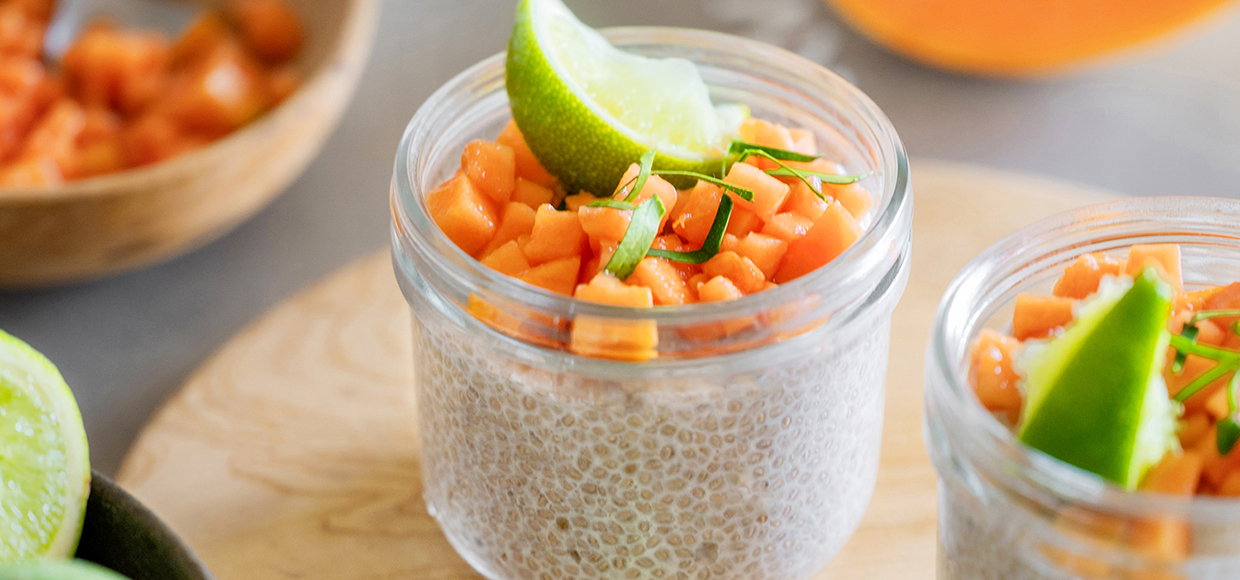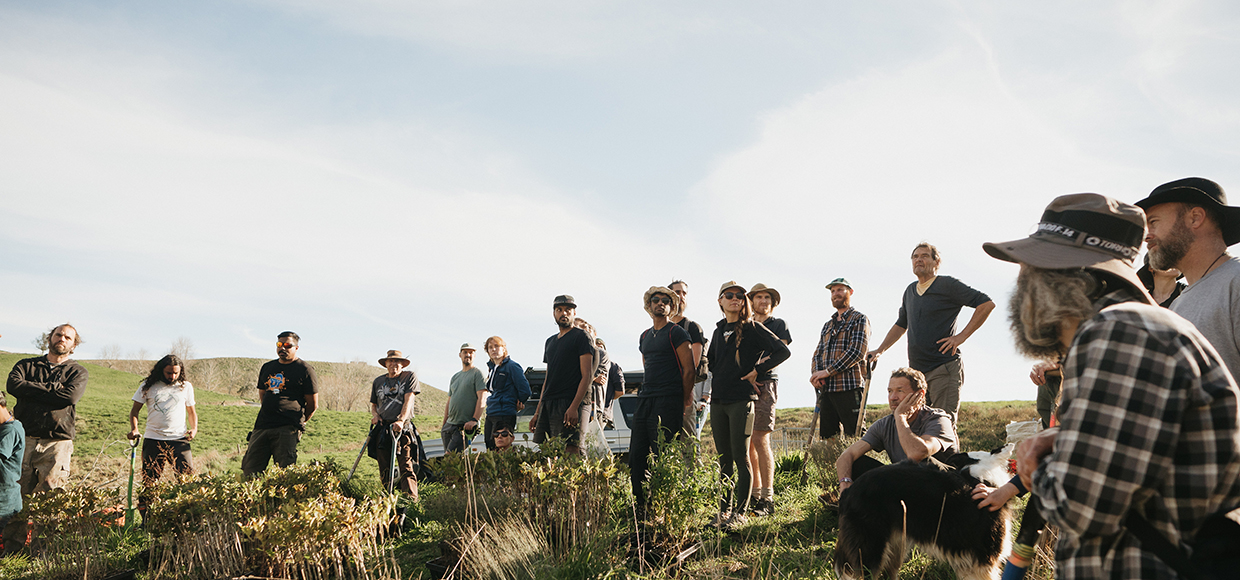Otago-based ex-UN aid worker Emma Conyngham’s humanitarian approach to the production of a sustainable, fabric Christmas cracker has garnered the heartfelt support of businesses in Christchurch, Auckland and Otago.
As well as reducing festive waste, it was the mum-of-two’s decision to engage former refugee sewers in Auckland that saw four small businesses provide the Afghani seamstresses with much-needed sewing machines to the value of $12,000.
The same month the government announced its plan to ban single-use plastics, Conyngham, founder of Waste-Free Celebrations, had just taken one of the biggest gambles of her life on providing kiwis with a reusable, plastic-free Re-CrackerTM.
Each cracker is made of custom-designed, interlocking cardboard tubes which slot together in two parts.
They are then covered with festively printed cotton sleeves which will, thanks to Otago businesses George and Edi, Honeysticks, Christchurch’s Sewingtime and Auckland patent lawyers Create IP, be sewn up in time for Christmas.
The decision to bring the Auckland group into the Waste-Free Celebrations fold came as product pre-orders in New Zealand and Australia exceeded expectations, leaving the already engaged home-based sewers in Wanaka unable to keep up.
Sewing Time Christchurch have dipped deep into their pockets and offered Auckland sewers a heavily reduced deal on three plain sewers and three overclockers.

What would have sold for $12,000 is changing hands for $3000. The three other businesses are paying the remaining bill.
“I was thrilled to be able to facilitate this and offer a helping hand to women that I knew were incredibly talented seamstresses from my time in Afghanistan working for the United Nations” says Conyngham. “But I soon realised that we needed more machines than they had to sew the thousands of waste-free crackers we’re producing” says Conyngham.
In 2015, New Zealand was importing 4.5 million crackers. By 2020 that number had fallen to 1.7 million so Conyngham deduced that Kiwis were losing interest in single-use items.
She also knew that she’d have to offer contents that aligned with the product’s reusability.
So, once cracked, customers will find a reusable hat, set of ‘snaps,’ jokes and treats: “I wanted to turn the cracker experience on its head. Instead of a disposable cracker with a hat that falls down your face and filled with plastic junk, I wanted something that is beautiful, entirely reusable, supportive of local business as well as charity.
“What we’ve been missing is a commercially available, mass produced reusable cracker. My big audacious worldwide goal is to see the end of the disposable cracker by 2030 – as a planet, we produce, consume, and discard an estimated 450 million disposable crackers each year. If we stacked all these 30cm long crackers on top of each other it would equate to 1220 units of Mt Everest. That’s a lot of waste to get rid of!”
Find out more about Christmas Re-Crackers online, and enter our giveaway here.





